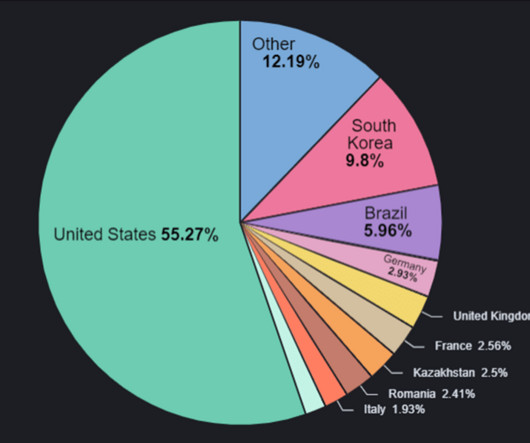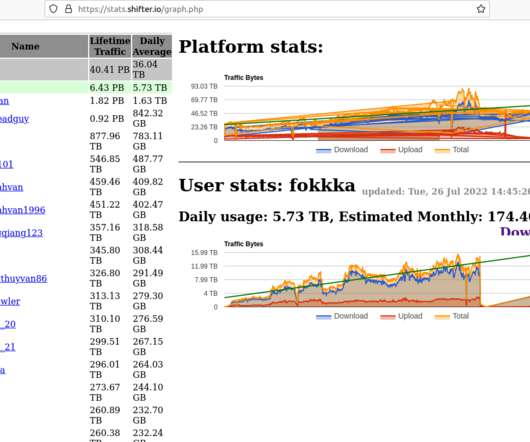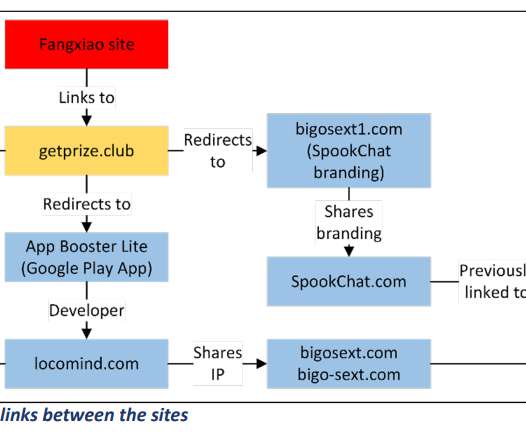+60,000 Android apps spotted hiding adware for past six months
Security Affairs
JUNE 7, 2023
Bitdefender researchers have discovered 60,000 different Android apps secretly installing adware in the past six months. Bitdefender announced the discovery of more than 60,000 Android apps in the past six months that were spotted installing adware on Android devices. ” reads the report published by Bitdefender.





















Let's personalize your content